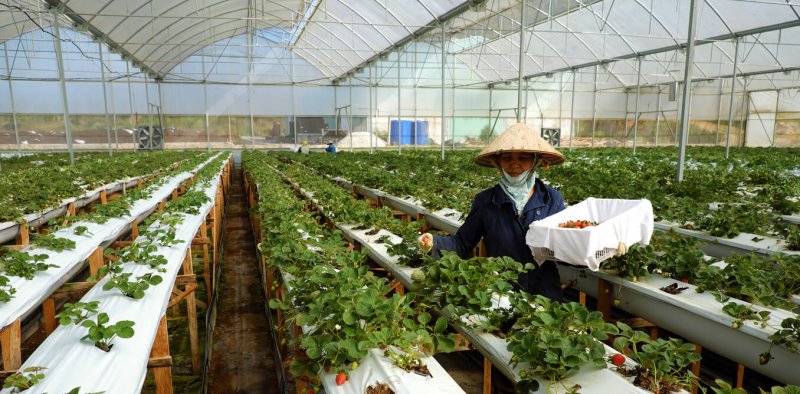New and emerging technologies could pave the way to net-zero carbon emissions agriculture in the next two decades, according to a study published in the journal Proceedings of the National Academy of Sciences (PNAS) last month.
A host of new and emerging agricultural technologies lie on the horizon that could revolutionize how we think about food production, but a separate report published in the journal One Earth suggests that low-tech solutions could be just as effective.
The first phase would optimize current agri-food technology by employing digital agriculture to reduce the amount of nitrogen fertilizer used on crops by applying smaller amounts more precisely, a method that could cut emissions by 23%.
Next, existing technologies would be replaced with low-emission equivalents, including green methods for synthesizing fertilizers, and replacement of fossil fuel-powered farm equipment with electric equivalents run by renewables. This step could include selective breeding or genetic engineering for certain crop traits, such as improved nitrogen absorption through plant roots.
The final step in the agri-tech transition would involve a full redesign of the agricultural system…. An advanced agricultural system like this might reduce carbon emissions by more than 1,700 kilograms per hectare, according to the study.































